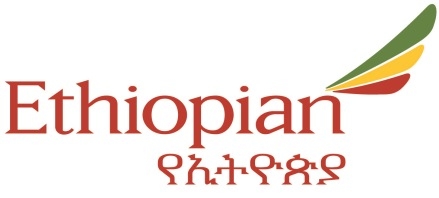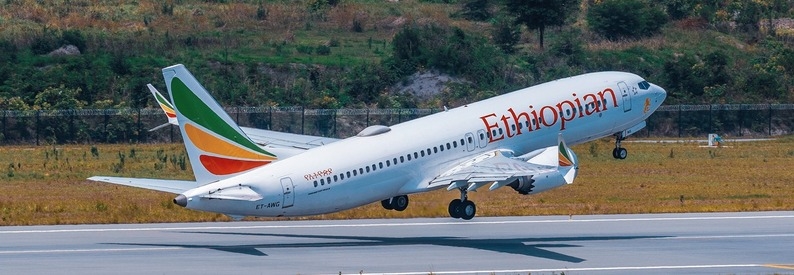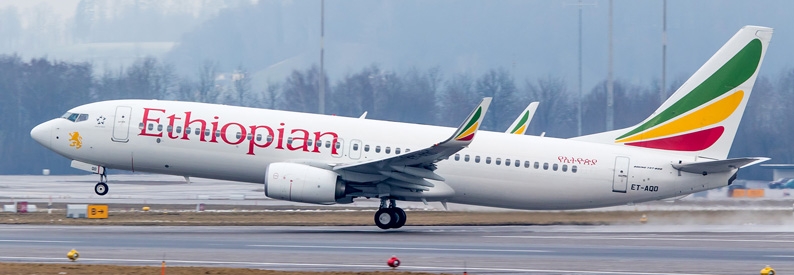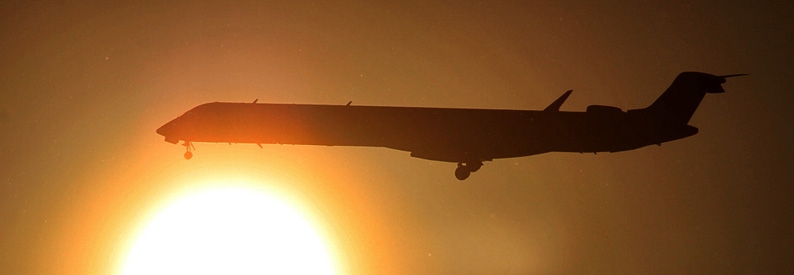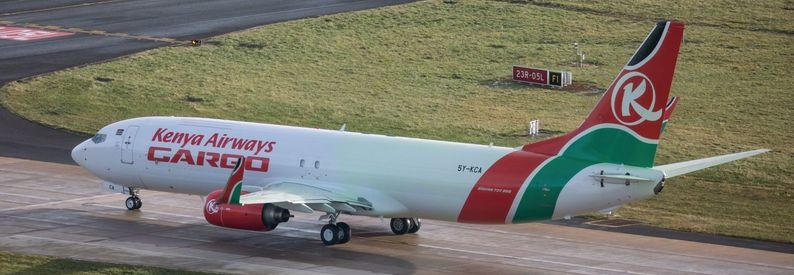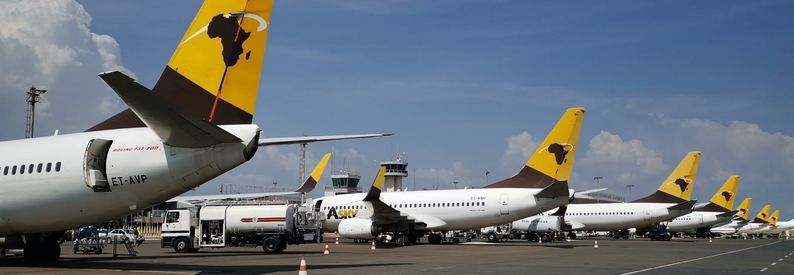Ethiopian Airlines (ET, Addis Ababa International), which lost 157 passengers and crew in the second fatal crash of a B737-8 in early 2019, has been advised not to accept a settlement offer of USD500 million to USD600 million by Boeing, but to sue the manufacturer for punitive damages in the US, reports The Seattle Times.
In a letter to Chief Executive Officer Tewolde GebreMariam on January 24, 2021, Chicago-based law firm DiCello Levitt Gutzler - which Ethiopian Airlines hired to provide advice on its claims against Boeing – warned the offer fell “grossly short” of what the airline could win before a US jury. This was particularly so since Boeing recently accepted responsibility for criminal fraud during the aircraft’s certification by regulators, said the letter signed by co-founding partner Adam Levitt.
The settlement Boeing offered was “a mere fraction” of the actual damage, the lawyers told Tewolde, and accepting it would “be a tremendous political and financial mistake for Ethiopian Airlines,” they claimed. The letter conveyed the attorneys’ concern that direct settlement negotiations between Boeing and the airline’s management were close to finalisation and that a “financially disastrous” deal for the airline may be imminent.
ch-aviation approached both Boeing and Ethiopian Airlines for comment. Boeing deferred comment to the airline, which did not respond.
Levitt’s letter argued that Boeing’s Deferred Prosecution Agreement with the US Department of Justice earlier in January 2021 provided new legal leverage because of “Boeing’s admission of its criminal conduct.”
Boeing has agreed to pay a USD2.5 billion fine to settle a criminal conspiracy charge, ending a two-year investigation into the causes of the crashes of Lion Air (JT, Jakarta Soekarno-Hatta) flight JT610 and Ethiopian Airlines flight ET302. The fine consists of a USD243.6 million criminal penalty, a USD500 million fund for crash victims' family members, and USD1.77 billion for its airline customers. The company said it had already accounted for the bulk of those costs in prior quarters and expected to take a USD743.6 million charge in its 2020 fourth-quarter earnings to cover the rest.
The agreement exonerated senior Boeing management while pinning the fraud on two Boeing technical pilots who misrepresented to airlines the details of new flight control software on the MAX — the maneuvering characteristics augmentation system (MCAS) — that was a key contributing factor in both crashes.
Before the 2019 crash of ET302, state-owned Ethiopian Airlines was the largest and most successful airline in Africa. It lost business after the tragedy and the subsequent grounding of the MAX fleet.
- Type
- Base
- Aircraft
- Destinations
- Routes
- Daily Flights
